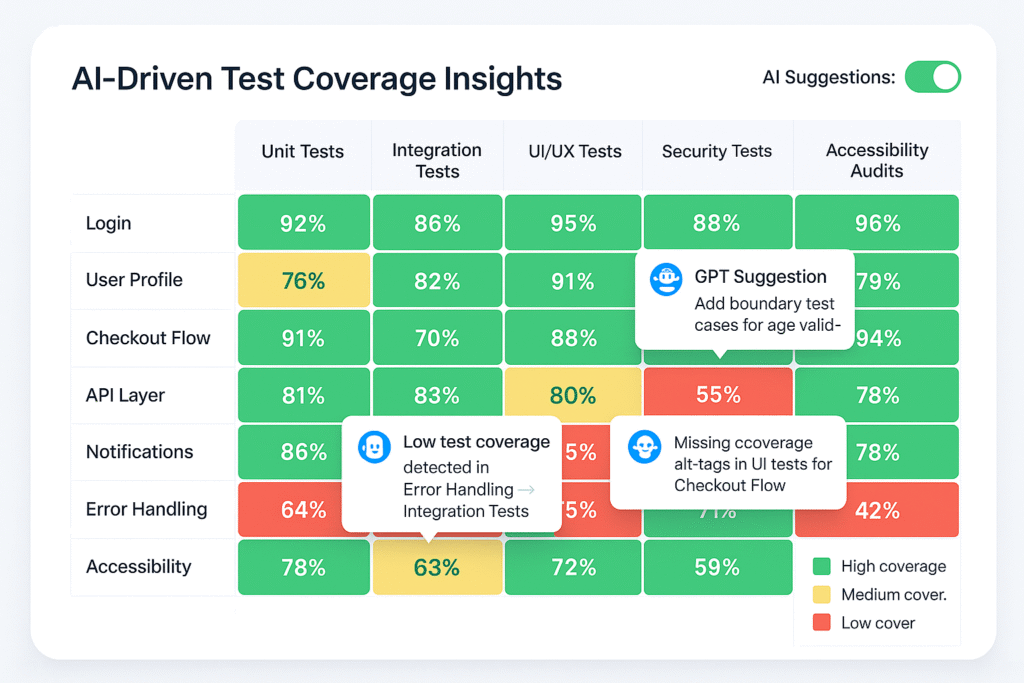
The Cybersecurity and Infrastructure Security Agency (CISA) has recently updated its Known Exploited Vulnerabilities (KEV) Catalog, adding two new vulnerabilities that are actively being exploited in the wild.
The vulnerabilities identified by CISA, includes CVE-2025-30406 and CVE-2025-29824. These two vulnerabilities are identified by Gladinet CentreStack and Microsoft Windows systems, respectively.
CVE-2025-30406: Gladinet CentreStack’s Cryptographic Key Vulnerability
One of the newly cataloged vulnerabilities, CVE-2025-30406, pertains to a cryptographic weakness in Gladinet CentreStack. This flaw, discovered in versions up to 16.1.10296.56315 (fixed in 16.4.10315.56368), involves the improper handling of cryptographic keys used by the CentreStack portal.
Specifically, the vulnerability arises from the use of a hardcoded cryptographic key in the web configuration files (web.config), a critical security oversight. This issue is classified under the Common Weakness Enumeration (CWE) as CWE-321, highlighting the use of hard-coded cryptographic keys, which can easily be exploited by attackers.
The flaw allows cybercriminals who have knowledge of the machineKey to forge ViewState data and bypass integrity checks. By doing so, they can potentially execute remote code on the server, gaining control over the affected system. Active exploitation of this vulnerability was observed in March 2025, prompting immediate action from security teams.
The cryptographic key vulnerability in CentreStack is particularly concerning because of its potential to facilitate remote code execution (RCE) attacks, a common tactic used by threat actors to escalate privileges or deploy malware. Gladinet has responded by releasing a patch (version 16.4.10315.56368) that automatically generates a unique machineKey for each installation. Organizations are strongly encouraged to update to this patched version to mitigate the risk of exploitation. For those unable to upgrade immediately, rotating the machineKey values serves as an interim mitigation.
The severity of this vulnerability is rated as Critical, with a CVSS score of 9.0. This emphasizes the potential for damage if left unaddressed. For users of CentreStack, it is imperative to follow the vendor’s guidelines for securely managing cryptographic keys and applying the necessary patches.
CVE-2025-29824: Windows Common Log File System Use-After-Free Vulnerability
The second vulnerability added to CISA’s catalog, CVE-2025-29824, affects the Microsoft Windows Common Log File System (CLFS) driver. This vulnerability is a Use-After-Free issue, classified under CWE-416. A Use-After-Free Vulnerability occurs when an application continues to reference memory after it has been freed, leading to unexpected behavior that could be exploited by attackers.
In this case, an attacker with local access can exploit the CLFS driver to elevate their privileges within the system. The flaw affects multiple versions of Microsoft Windows, including Windows Server editions and Windows 10, spanning from version 10.0.17763.0 to later versions such as 10.0.26100.0. Once exploited, the vulnerability enables attackers to gain elevated privileges, potentially leading to full control over the compromised machine.
The Use-After-Free Vulnerability in Windows CLFS poses a security risk for users and organizations relying on these platforms. The vulnerability affects both 32-bit and x64-based systems, as well as several versions of Windows Server. With a CVSS score of 7.8, this vulnerability is classified as High severity and could lead to severe consequences if exploited.
Microsoft has released updates to address this vulnerability, and users are urged to promptly apply the latest security patches to protect their systems from potential exploitation. As with other vulnerabilities, timely updates are essential to minimize the risk of attacks that exploit memory handling flaws.
Conclusion
The addition of CVE-2025-30406 and CVE-2025-29824 to the CISA KEV Catalog highlights a growing trend of active exploitation targeting critical infrastructure systems and widely used platforms.
Organizations using Gladinet CentreStack and Microsoft Windows must take immediate action to mitigate the risks of these vulnerabilities, including applying patches, rotating cryptographic keys, and ensuring proper system configurations.
Source: Read More



